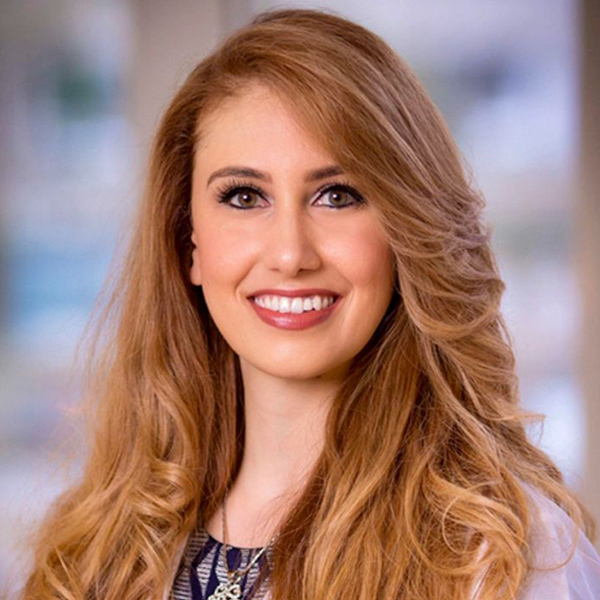Questions to Ask On Your Advanced Heart Failure and Transplant Virtual Interview
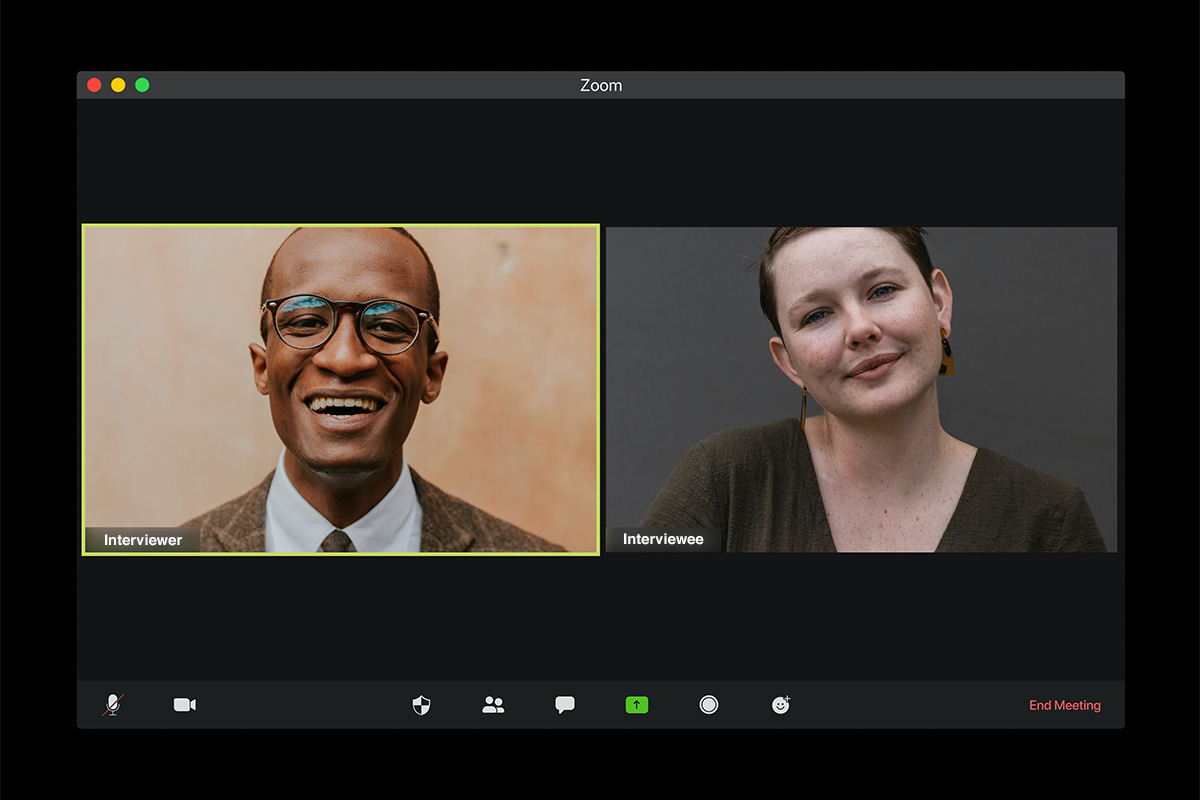
This is the second year that advanced heart failure and transplant fellowships are participating in the match process. While programs are still in a transition phase of adjusting to this application process, there is yet another layer of having to adapt this year to a remote virtual interview format in light of the COVID-19 pandemic.
This year's virtual fellowship interviews offer some pros and cons for applicants.
Unfortunately, not being able to physically attend rounds, meet people in person and engage in spontaneous conversation may limit one's ability to truly appreciate the culture of a program, not to mention the challenges programs face in reading applicants' enthusiasm through a computer screen.
Of course, there are also technical considerations that applicants must now be mindful of such as ensuring good internet connection, lighting, maintaining "eye contact" with the camera, etc.
However, virtual interviews also offer several advantages.
While interview season can be characteristically financially costly and require a considerable time investment, the virtual platform undoubtedly offers applicants an opportunity to interview with more programs than would have been logistically possible otherwise and in a more time efficient manner.
As you prepare for your interviews here are some questions to keep in mind to help you get the most out of the virtual interview experience and formulate as full of a picture as possible about a program:
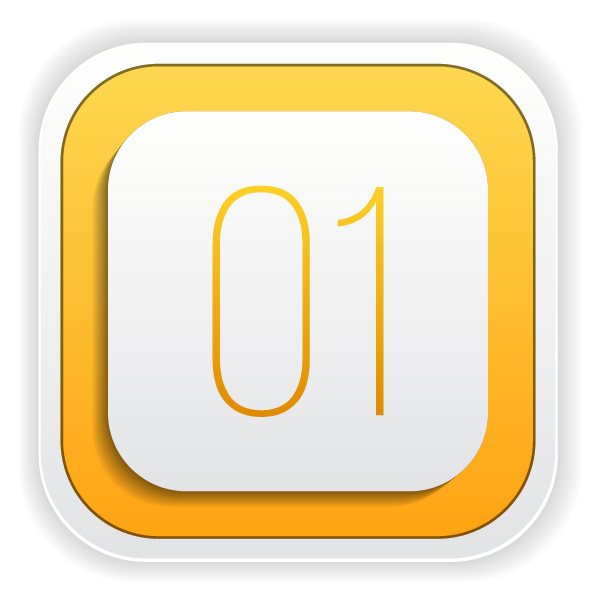
What exactly is the heart failure fellow's role? It is important to note that while some programs expect the heart failure fellow to act in a more supervisory role overseeing the team, other fellowship programs are very fellow driven with minimal involvement of residents or general cardiology fellows. These different structures appeal to different learning styles and it is important to ask about this to make sure that it suits your style.
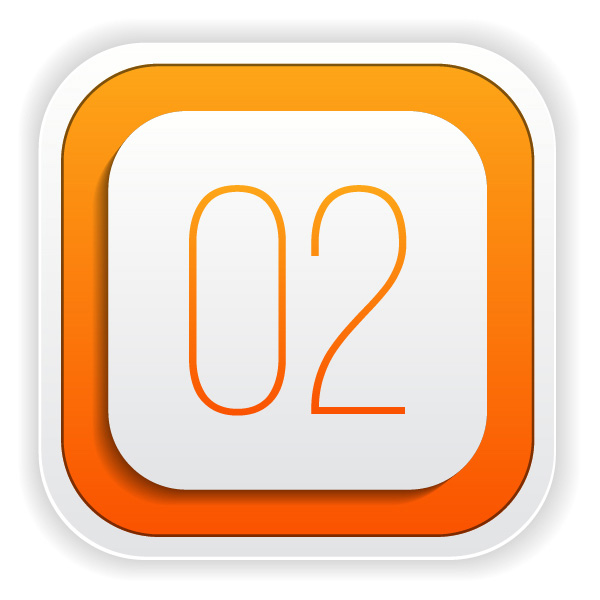
Under what circumstances does the heart failure service act as a primary service vs. a consulting service? These different roles help to shape your experience and sharpen your skills in different ways. While in a primary role you have the opportunity to oversee every aspect of your patients' care; in a consultant role you finesse your ability to work as part of a multidisciplinary team.

Is the program more mechanical circulatory support heavy or transplant heavy? Or does it offer a balanced exposure to both? Information on yearly number of transplants per center can be accessed online.

What is the clinic structure? Is there continuity? It is important to keep in mind that some programs have rotations that cycle through clinic often which facilitates continuity, whereas in other programs the structure of the rotations does not support this. While some may see lack of continuity as a con, it is important to realize that in practice it is not uncommon to have to cover clinic patients for colleagues, and developing skills of easily adapting to these situations in clinic can be very useful.

How often are didactics? Are there opportunities for the fellows to give talks? Giving talks can be particularly important for fellows who are interested in future academic jobs.

What is the procedural exposure? Some programs expect their fellows to place mechanical support devices while others do not emphasize this. Is there a procedure room in the ICU? Are endomyocardial biopsies performed with fluoroscopic guidance or echocardiographic guidance and is there an opportunity to be exposed to both approaches? Do fellows also perform diagnostic angiography, hemodynamic ramp studies, and invasive cardiopulmonary exercise testing?
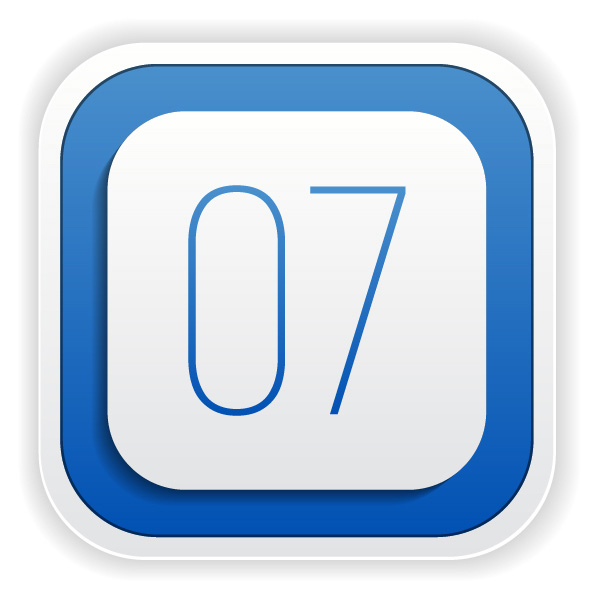
What is the rotation structure? This can vary widely in terms of the block structure of the rotations. Importantly, usually programs will provide their fellows with some amount of research or elective time which can be used to pick up additional skills in specialty clinics like pulmonary hypertension clinic, genetic cardiomyopathy clinic, cardio-oncology clinic, amyloid clinic, etc.
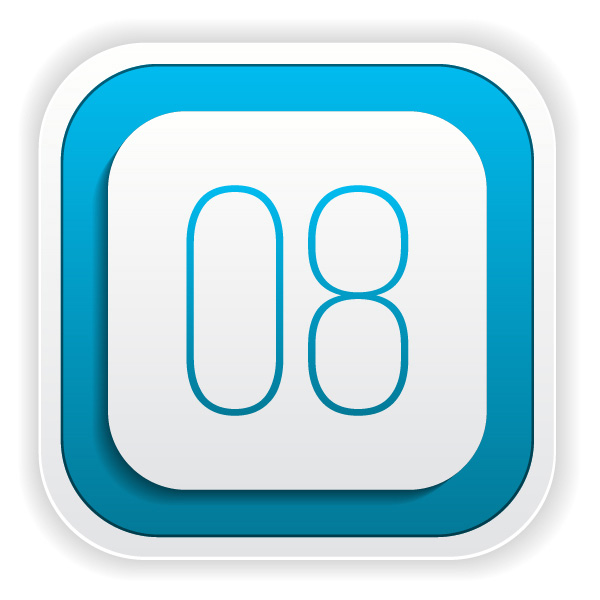
How are transplant selection committee meetings run, who attends and how heavily are the fellows involved in presenting cases?
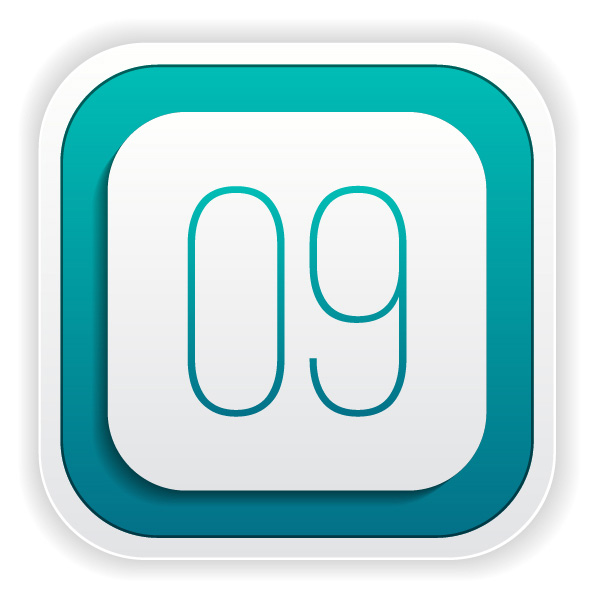
Is there a housing stipend and what kind of educational allowances are provided?

Is there an opportunity for fellows to stay on for a second year through grant funding? This is most relevant for fellows who are interested in a research-focused year.

What kind of jobs do graduates pursue post-fellowship? Is there a robust alumni network database to connect with prior fellows regarding job opportunities?
Despite the challenges that come with virtual interviews, asking the right questions can help you formulate a comprehensive and well-rounded impression of each program and discover ones that best align with your personal values, which will help catapult you to the future career that excites you.


